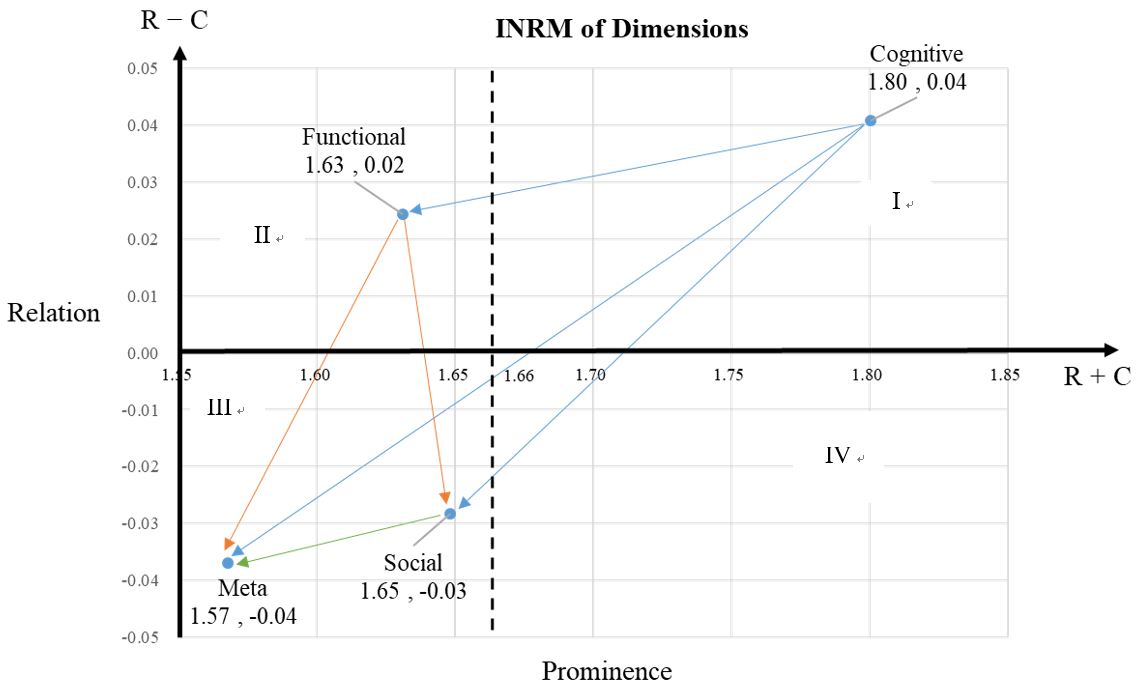Featured Scientist

Chih-Ching Teng, Ph.D.
Professor
Department of Restaurant, Hotel & Institutional Management
Dean of College of Human Ecology
Major Honors &Awards:
2014-2017, 2018-2021 Young Outstanding Researcher's Project (Awarded by Ministry of Science and Technology)
2017 Outstanding Researcher Award (Fu Jen Catholic University)
2016 Outstanding Paper in the Emerald Literati Network Awards for Excellence
Research Interests:
Green Hotel, Restaurant, and Sustainability Studies
Food Waste Behavior and Management
Hospitality Management (OBHR)
Hospitality Curriculum and Instructional Studies
Reconstructing managerial competencies for contemporary hotel managers: Implications for hospitality education
In today's volatile business environment, investing in human capital and adapting to environmental changes are crucial to success. Hotel firms need to prioritize sustainable leadership by reassessing senior managers' skills and abilities in response to crisis. This study used in-depth interviews, FDM, DEMATEL, and DANP methods to identify 28 indicators and interrelations of dimensions and priorities for contemporary hotel top managers. The interrelation of the dimensions indicates that cognitive competency is the most influential dimension. Cognitive competency is the requisite conceptual knowledge needed to perform a specific job. Previous research has identified it as the primary competence for successful leadership. This study showed a significant shift in cognitive competency focus toward change management after the COVID-19 pandemic. This capability allows top managers to quickly adapt to change by communicating an inspiring vision for change and effectively supervising the change process.
The study's results also showed that cognitive competency has the potential to significantly impact the development of functional competency, as indicated by the INRM. This finding can be better understood by considering change management and dynamic managerial capability indicators. In cases of significant changes in the business environment, managers will adapt and strive to implement a new business model. Consequently, this will enhance functional competencies. According to this study, the top three indicators in this category are resource allocation skills, performance management, and normalized crisis management.
Social competency and meta competency are distinct components within the competency model framework established by the INRM. These factors show limited interaction with other factors.According to the weight analysis using DANP, social competency has the second highest priority in terms of influence weights. The research findings indicate that social competency remains a prominent factor in the competency model. The top two indicators in this competency category are cross-functional communication and collaboration skills.
Meta competencies are difficult to effectively develop through educational methods due to their correlations with motivational and personality factors. It is essential to have the right values and resilient psychological traits in the labor market. The current study has identified accountability, adaptability, and flexibility as the three most significant characteristics of the meta-competency. The interviews revealed that hoteliers were primarily motivated by a strong sense of responsibility towards their employees and the community during the outbreak.
This study analyzed the influential relationships among various dimensions and determined the relative importance and order of the different indicators. The findings have set a benchmark for education and training in practical settings, providing valuable insights for future talent development and recommendations to improve hospitality-related education programs. The results underscore the crucial role of education in shaping future leaders in the hospitality industry, highlighting the significance of aligning curricula with industry demands to provide students with essential skills and knowledge. The study published in 2025 Journal of Hospitality & Tourism Education (ESCI).
Keywords:Top manager, Managerial competency, Hotel industry, DEMATEL-based Analytical Network Process (DANP)
4 views
